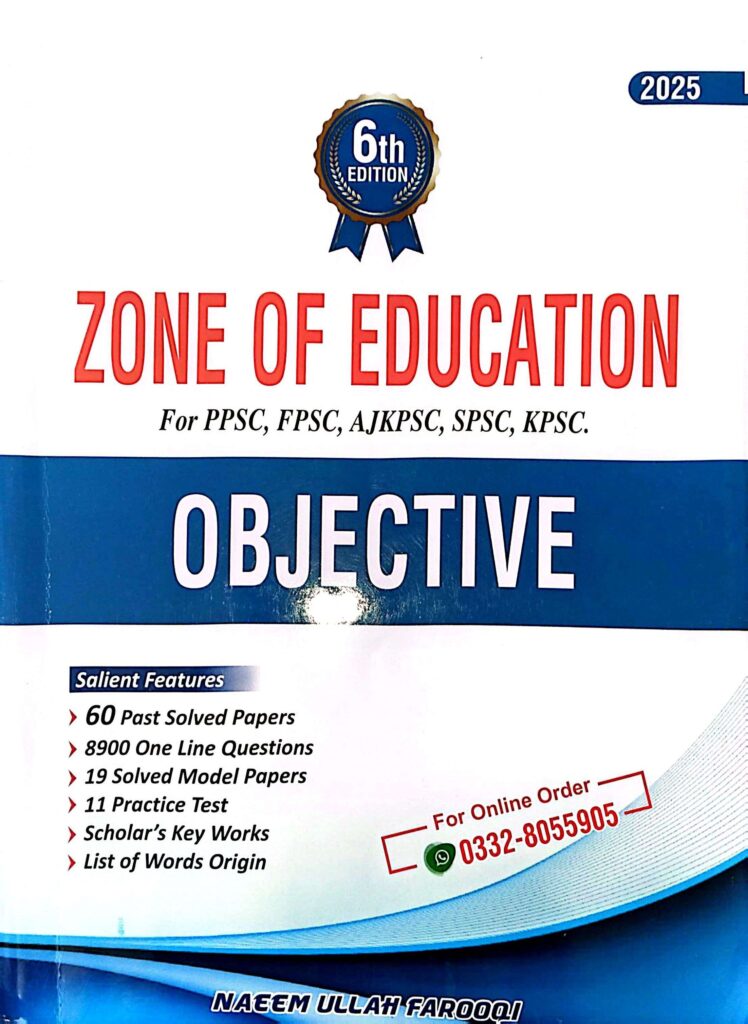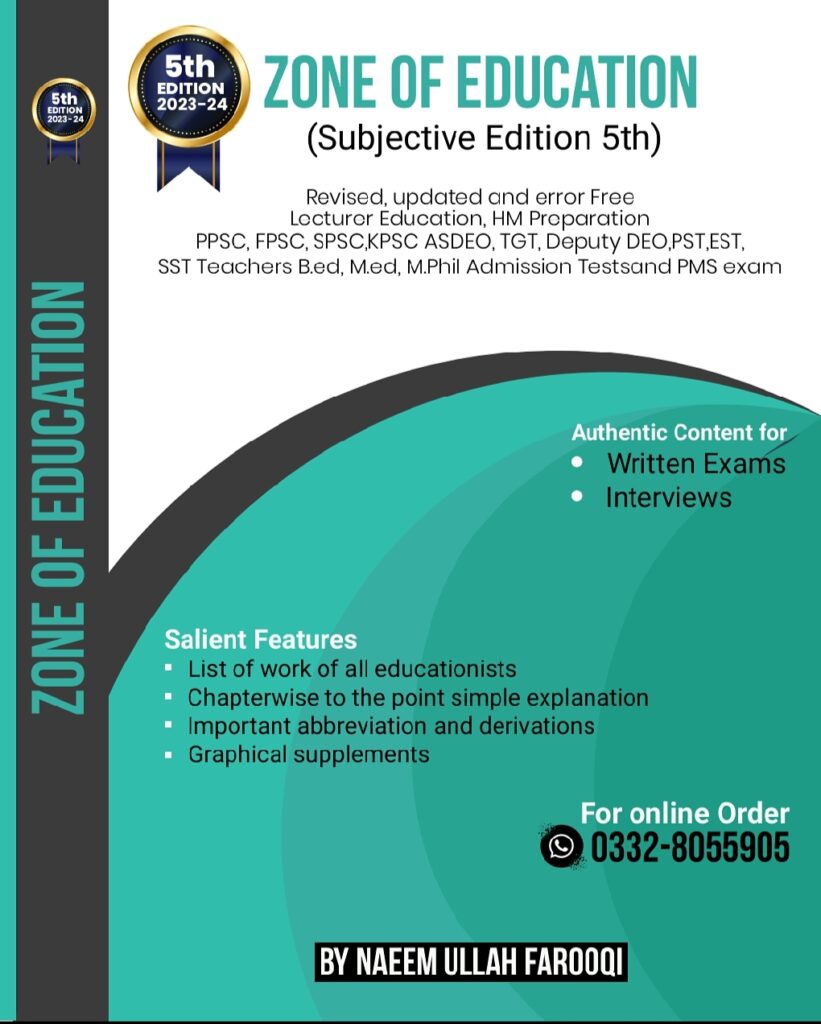Emergency reaction or the flight response is concerned with:
· (a) Motivation
· (b) Emotion
· (c) Perception
· (d) Attitude
70. The brain control of somatic and autonomic patterns of activity is characteristic of the:
· (a) Blood
· (b) Personality
· (c) Emotion
· (d) None of them
71. In emotion, one feels:
· (a) Excited
· (b) Dull
· (c) Creative
· (d) Descriptive
72. Which is the indicator of arousal?
· (a) T.A.T.
· (b) W.A.T.
· (c) EEG
· (d) P.A.T.
73. An indication of arousal in both human and animal is the:
· (a) Formation reaction
· (b) Psychological reaction
· (c) Electromagnetic reaction
· (d) Orienting reaction
74. The exact nature of the orienting reaction depends on the:
· (a) Stimulus
· (b) Orientation
· (c) Response
· (d) Organism
75. Gregariousness is:
· (a) An organic need
· (b) Social motive
· (c) Biological motive
· (d) Biological need
![]()
76. If a person is both hungry and sleepy at the same time, then arises:
· (a) Approach-avoidance conflict
· (b) Approach-approach conflict
· (c) Avoidance-avoidance conflicts
· (d) None of these conflicts
77. What impels a person or animal to action?
· (a) Need
· (b) Goal
· (c) Motive
· (d) Drive
78. Sex drive can be classified as a:
· (a) Sociological motive
· (b) Security motive
· (c) Psychological motive
· (d) Biological motive
79. Motives are:
· (a) Observed directly
· (b) Inferred from behavior
· (c) Inferred from genes
· (d) Socially observed
80. Which is the earliest approach to motivation?
· (a) Classical approach
· (b) Psychoanalytic approach
· (c) Developmental approach
· (d) Hedonist approach
![]()
1. Who said this, “The boundaries of Educational Psychology are unlimited and changing.”
· (a) William James
· (b) Gates
· (c) Hurlock
· (d) None of the above
2. The best definition of Educational Psychology, “Educational Psychology is a study of teaching and learning,” has been given by:
· (a) W. Kolesnik
· (b) James Ross
· (c) Charles E. Skinner
· (d) N.L. Munn
3. Can we say that Educational Psychology is General Psychology with educational implications?
· (a) True
· (b) False
· (c) Neither a nor b
· (d) Both a and b
5. The major contribution of modern educational psychology might be expected to lie in the area of:
· (a) A clarification of the goals of modern education
· (b) A re-evaluation of the principles of progressivism
· (c) A reconsideration of educational experiences from the standpoint of their contribution to pupil growth
· (d) A refinement of the research techniques through which educational problems might be solved
6. Psychology’s major contribution in education lies in:
· (a) Providing a scientific foundation for the art of teaching
· (b) Defining the goals for which the teacher should strive
· (c) Identifying potentially successful educational procedures
· (d) Comparing the relative effectiveness of various teaching procedures
7. Educational psychology is oriented towards:
· (a) The study of the peculiarities of individual children
· (b) The application of the principles and techniques of psychology to the solution of classroom problems
· (c) The formulation of hypotheses and theories relative to educational practice
· (d) The development on the part of the child of realistic goals and effective plans for their attainment
8. The primary aim of educational psychology is:
· (a) To contribute to an understanding of sound educational practices
· (b) To provide the teacher with a greater appreciation of his role in the education of the child
· (c) To provide the academic background essential for effective teaching
· (d) To provide a theoretical framework for educational research
9. “Educational Psychology is both a science as well as an art,” Do you agree?
· (a) Yes
· (b) No
· (c) Yes and No
· (d) Can’t say
10. Educational Psychology is a branch of Psychology. Psychology is a science. Who is the father of experimental psychology?
· (a) Bering
· (b) Wundt
· (c) Hull
· (d) Tolman
11. According to Psychology, all education is:
· (a) Deliberate
· (b) Functional
· (c) Purposive
· (d) Self–education
12. Where was the first Experimental Psychology Laboratory set up?
· (a) Berlin
· (b) Boston
· (c) Frankfurt
· (d) Leipzig
13. When was the first Experimental Psychology Laboratory set up?
· (a) 1890
· (b) 1879
· (c) 1857
· (d) None of the above
14. Which method has made educational psychology a science?
· (a) Observation method
· (b) Clinical method
· (c) Survey method
· (d) Experimental method
15. The oldest method in Psychology is:
· (a) Introspection
· (b) Observation
· (c) Case study
· (d) Clinical method
16. Introspection as a method stands rejected by:
· (a) Functional school
· (b) Behaviorists
· (c) Psychoanalysts
· (d) Gestalt
17. Name the method which deals with only one person at a time and promotes his adjustment:
· (a) Case study
· (b) Questionnaire
· (c) Clinical method
· (d) Experimental method
18. Educational Psychology is concerned with:
· (a) The learner
· (b) The learning process
· (c) The learning situation
· (d) All of the above
19. Some authors classify methods of Educational Psychology as:
· (a) Distal method
· (b) Proximal method
· (c) Both a and b are true
· (d) Neither a nor b are true
20. The content of Educational Psychology includes:
· (a) Special items concerning teaching and learning
· (b) Wide-ranging items concerning human motivation and learning
· (c) Special items concerning processes of education in particular
· (d) None of the above
21. Which of the following is not a function of educational psychology:
· (a) To discover techniques by means of which educational goals can be attained effectively
· (b) To define the goals for which education is to strive
· (c) To promote a greater understanding of the learning process
· (d) To promote a greater understanding of the learner
22. Which of the following is the primary concern of an educational psychologist?
· (a) The formulation of hypotheses
· (b) The discovery of practical solutions to educational problems
· (c) The development of professional insights into the principles underlying the teaching art
· (d) The discovery of teaching procedures of maximum effectiveness
JOIN ZONE OF EDUCATIONPK!
Discover the most comprehensive and reliable pedagogy resources in Pakistan, curated for competitive exam success. Our content covers all competitive exam MCQs, including PPSC, FPSC, AJKPSC, SPSC, and more. Designed to empower learners with top-notch material and insights, trust us for your preparation journey!


